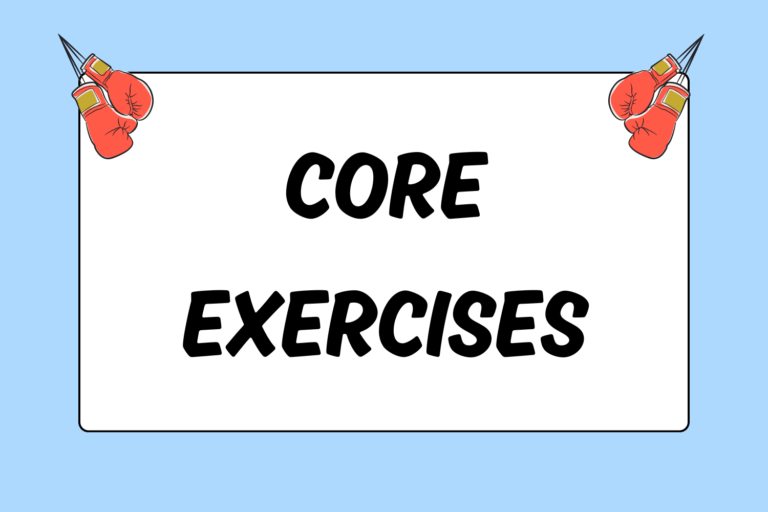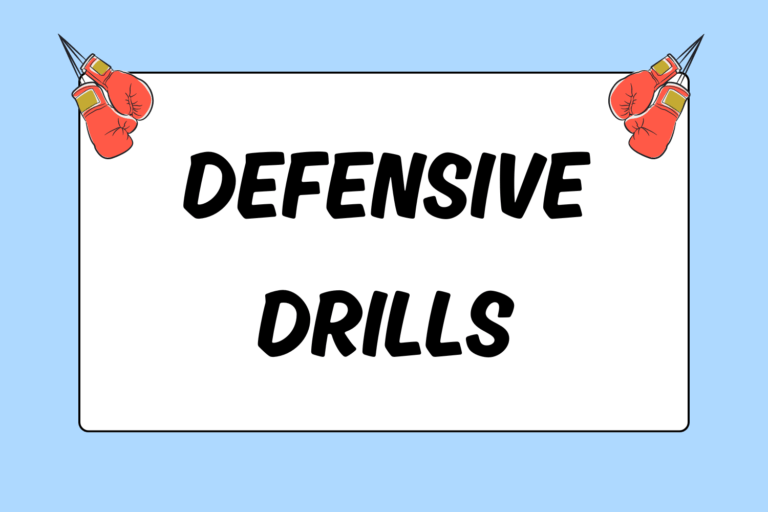Boxing is a highly-competitive sport, and fighters need to be in tip-top shape to succeed. Running — referred to as roadwork by most boxers — is an essential ingredient in your overall training. Running is the bare minimum when it comes to conditioning, though. Implementing alternative strength and conditioning regiments optimizes your ability to outlast your opponent in an exhausting bout. This guide outlines how Tabata training can expand your workout routine, improve your conditioning, and help you endure the rigors of a match.
Tabata Training Explained
Simply put, Tabata training is a specific form of high-intensity interval training. Each exercise interval lasts 20 seconds and is followed by a 10-second rest. A total of eight intervals composes a set, which — when combined with rest breaks — equals four minutes. Tabata training tests your anaerobic capabilities and increases your overall strength.
Benefits of Tabata Training
Boxing combines aspects of both aerobic and anaerobic exercise. Aerobic exercise generally takes place over a relatively long period of time and uses oxygen as energy. Examples include long-distance running and swimming. Anaerobic exercise, on the other hand, involves high-intensity training that forces your body to use energy sources within your muscles because your body’s demand for oxygen temporarily exceeds the oxygen available. Sprints are an example of anaerobic exercise.
Research shows that Tabata training can greatly improve anaerobic capabilities and VO2Max when practiced with maximal effort. V02Max measures your body’s ability to transport and use oxygen during a workout. This measurement is often used to gauge overall fitness levels. Your body is most effective when it has a high VO2Max, and Tabata training can increase this number.
On a simpler level, Tabata training pushes your mind and body unlike any other exercise routine. Boxers often hit a wall during a bout, forcing them to choose between fighting on or succumbing to exhaustion. Tabata training pushes your physical limitations during training, and your mental toughness improves as you continuously push past the initial wall.
Hot Tip: Warm-up & Cool-down
You should include a brief warm-up before you start your Tabata sets. Warming up increases your heart rate and prepares muscles, tendons, and tissues that could otherwise be injured if left cold. Cooling down after Tabata training allows your body to cope with the change in activity. It also gives your body the opportunity to rid itself of metabolic wastes formed during your routine.
Possible Exercises
Tabata training can be applied to almost any exercise as long as you keep proper form. Tabata training works particularly well with Burpees, though. Check out the Burpees: Conditioning for Boxers guide to learn about this exercise. Other options for Tabata training include:
- Sprints
- Push-ups
- Pull-ups
- Jump squats
- Jump rope sprints
- Plyometrics
Do an entire set of one exercise — 4 minutes of 20 seconds on and 10 seconds off — before moving on to another exercise (if you’re not exhausted already!).
In addition, Tabata training can be directly applied to your boxing skill routine. For example, you can use the Tabata formula on a punch-out routine. Throw straight punches on the heavy bag or focus mitts for twenty seconds without stopping. Take a ten second break and repeat. Your overall capabilities in the ring will inevitably improve when you occasionally combine skill training and conditioning.
Hot Tip: Timer
It may sound obvious, but Tabata training requires some form of timer. Whether you use a clock on the wall or your own watch, make sure you show up prepared.
Push Yourself & See Results
Boxing is unlike most sports in that much of the work takes place outside the gym and on your own time. Fighters are known to wake up early in the morning to engage in roadwork. Later in the day they head to the gym. Mental toughness and self-discipline are necessities in the sport. Maximize your effort in Tabata training, knowing that it will pay off during sparring or an upcoming bout.





